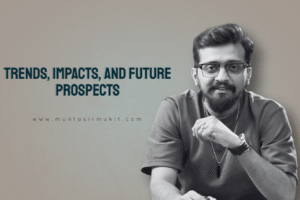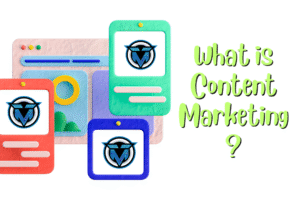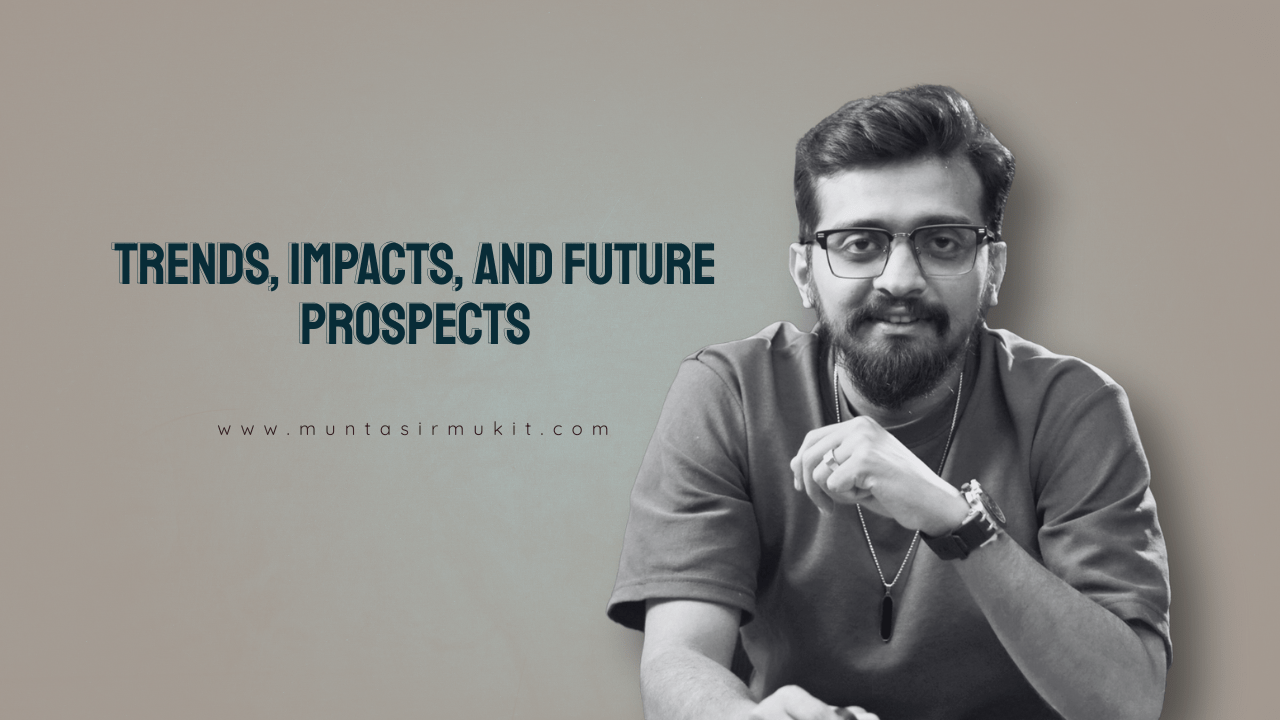In today’s fast-paced age digital media is evolving faster than ever before. From traditional print to immersive digital experiences, the transformation is both exciting and inevitable. As technology continues to shape how we consume, create, and share content, the future of digital media holds immense potential for innovation, engagement, and connectivity.
1. The Rise of AI and Automation
Artificial Intelligence (AI) is revolutionizing digital media. From automated content creation and personalized recommendations to chatbots and virtual assistants, AI is streamlining workflows and enhancing user experiences. Media companies are now using AI to analyze audience behavior, generate content faster, and deliver more relevant and engaging material in real-time.
2. Augmented Reality (AR) and Virtual Reality (VR)
AR and VR are transforming storytelling into immersive experiences. Whether it’s news reporting, advertising, or entertainment, these technologies are allowing users to engage with content in entirely new ways. With the rise of the metaverse and immersive platforms, brands and publishers are preparing for a future where digital interaction is more lifelike and intuitive.
3. The Power of Video Content
Video continues to dominate the digital landscape. Platforms like YouTube, TikTok, and Instagram Reels have made short-form video content more popular than ever. Live streaming, behind-the-scenes footage, and video podcasts are also growing rapidly. In the future, video will remain a core medium, but it will be enhanced by interactive features and real-time feedback.
You Might Be Interested: What Is Digital Media?
4. Personalization and Data-Driven Content
The future of digital media is deeply tied to personalization. Through data analytics and machine learning, media companies are delivering content tailored to individual interests, browsing habits, and engagement patterns. Hyper-personalized feeds, newsletters, and ad experiences are already common—and they’re only getting smarter.
5. Content Creator Economy
The rise of influencers, vloggers, and independent creators has changed the digital media ecosystem. Platforms like Substack, Patreon, and OnlyFans are empowering creators to monetize directly from their audiences. In the future, we can expect a more decentralized media model where individual voices have greater reach, authority, and economic power.
6. Blockchain and Digital Ownership
With the introduction of blockchain technology and NFTs (Non-Fungible Tokens), digital ownership is becoming more secure and traceable. Content creators can now protect intellectual property, verify authenticity, and create new revenue streams through tokenized media assets. This opens the door to a new era of content monetization and licensing.
7. Challenges Ahead
Despite these exciting opportunities, the digital media industry faces significant challenges—data privacy concerns, misinformation, algorithmic bias, and platform dependency. To build a sustainable future, media organizations must balance innovation with ethics, user trust, and transparency.
8. Sustainability and Green Media
Environmental impact is also coming into focus. With digital infrastructure consuming massive amounts of energy, future media platforms must prioritize sustainability. Green hosting, efficient data usage, and eco-conscious content production will become essential parts of digital strategies.













